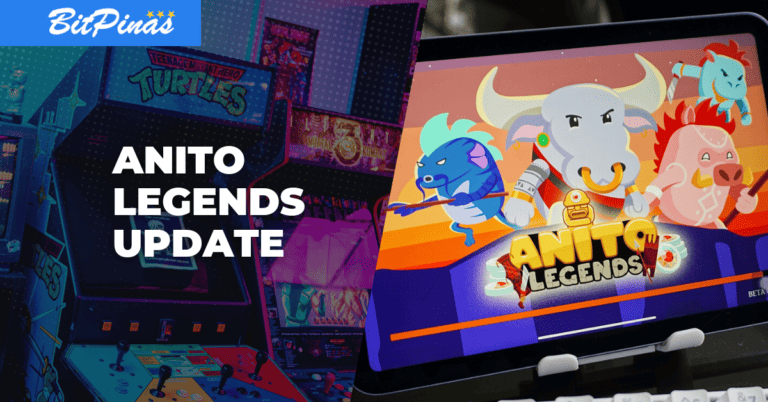Lawmaker Warns Filipinos When Investing in Bitcoin
Extremely risky investment. This is what a congressman thinks of bitcoin, and he’s advising the investing public against it.

Extremely risky investment. This is what a congressman thinks of bitcoin, and he’s advising the investing public against it.
Eastern Samar Representative Ben Evardone warned Filipinos about the risk associated with cryptocurrency. He said that while bitcoin promises low fee transactions in remittances, it’s risky due to lack of protection for the consumers.
Rep. Evardone cited statements from the Bangko Sentral ng Pilipinas and the Security and Exchange Commission that warned against virtual currencies. What’s more, Evardone said bitcoins are prone to hacking due to the absence of safeguards.
Until enough safeguards are put in place, investors would be well-advised to heed the admonitions of the Bangko Sentral and the Securities and Exchange Commission to put their money in safer investments – Rep. Ben Evardone, Eastern Samar
The BSP and Security and Exchange Commission’s Position on Cryptocurrency
The BSP issued memorandum circular 944 to establish guidelines about cryptocurrency in the country. It also details how virtual currency exchanges should establish methods to protect consumers and to observe the country’s Anti-Money Laundering Law. The BSP made it clear that they are not recommending digital currencies, but are engaging it.
The Security and Exchange Commission is currently studying the application of the country’s Securities Regulation Code by treating bitcoin and other digital coins as securities.
Addressing the Lack of Protection
Blockchain
Powered by blockchain technology, bitcoin is a decentralized cryptocurrency. Not a single entity owns the network and there is no single point of failure. Meaning, if one of the nodes in the blockchain fails, your bitcoins are still safe. This is very much unlike any other situations where a single entity or server holds all your data. If the server is destroyed, so does everything in it. (Read: What is Blockchain)
Replay Protection
While not all cryptocurrencies have this feature, the bitcoin network has “Replay Protection” in place. This prevents a transaction from being duplicated from one blockchain to another during a fork. (Read: What is Replay Protection)
Private and Public Keys
Bitcoin transactions are transparent because of the blockchain. This means everyone can check every transaction by looking at the blockchain. However, only the user has access to his private keys. So even if I know that a certain public key has 2 BTC, I cannot steal it because I don’t have the private keys to access it. (Read More: What are Public and Private Addresses)
KYC and AML
The BSP mandates bitcoin sites in the Philippines to observe the country’s Anti-Money Laundering laws. This is to prevent dirty money from being injected into the economy via these exchange sites. (Read More: What is AML?)
The Bitcoin Sites in the Philippines such as Coins.ph have KYC (Know Your Customer) in place. To put it simply, you cannot transact, buy, or sell bitcoin without proper identification first. (Read More: What is KYC?)
Current Developments in the Philippines
Recently, the BSP granted licenses for Coins.ph and SCI Ventures‘ Rebittance Inc as virtual exchanges. Bitcoin transactions in the country now stand at $6 million compared to just $3 million in 2016. Surely, transactions are rising as public awareness for cryptocurrency increases.
As we head to 2018, let us hope the country will continue with its “engage but not prohibit” approach with digital money. The Philippines is deemed bitcoin-friendly” by the cryptocurrency media around the world. Let us hope that will not change as we move forward.





